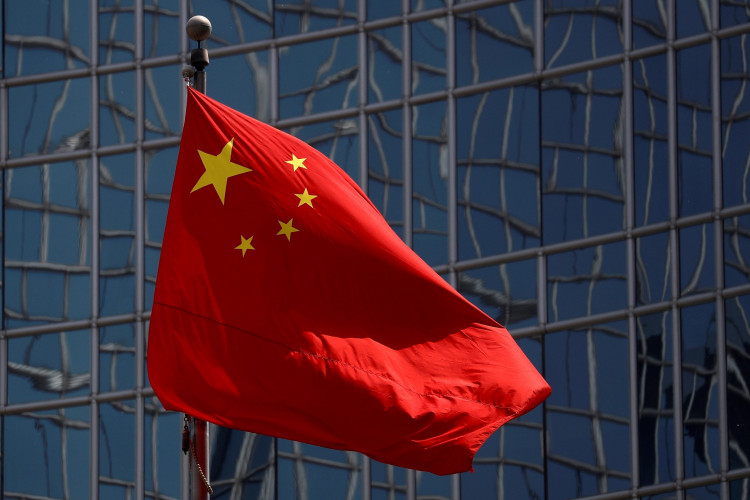China's most indebted local governments are engaging in a hiring spree, sparking concerns over further strain on their fragile finances as they try to create jobs for a record number of graduates entering the workforce this year. With local government debt totaling $9 trillion, about half of China's GDP, it poses a significant threat to the nation's sustainable growth.
Beijing has made defusing these debt risks a priority while focusing on job creation in an economy still recovering from years of costly COVID-19 containment measures. In poorer regions experiencing population and business migration to urban centers, job creation falls heavily on local governments already grappling with revenue generation challenges.
Jack Yuan, VP and senior analyst at Moody's, notes that "budgetary and debt pressures are more acute for these provinces, so increasing expenditure comes with additional fiscal risks." Gansu, Yunnan, and Guangxi provinces, which are among the most indebted, are set to see the largest percentage increase in civil servant hiring in China this year.
With state land sales potentially worsening in these regions, economist Nie Wen from Hwabao Trust warns that "such large-scale government hiring spree will be unsustainable." China's new Premier Li Qiang has emphasized an "employment-first" agenda, targeting the creation of 12 million jobs for a record 11.58 million college graduates expected to join the workforce this year.
The mounting debt of local government financing vehicles (LGFVs), which reached a record 66 trillion yuan ($9.5 trillion) last year, is causing further anxiety among economists.
Any aggressive pursuit of job creation and growth in financially stretched regions could lead to more fiscal problems, according to Iris Pang, chief economist of Greater China at ING.






